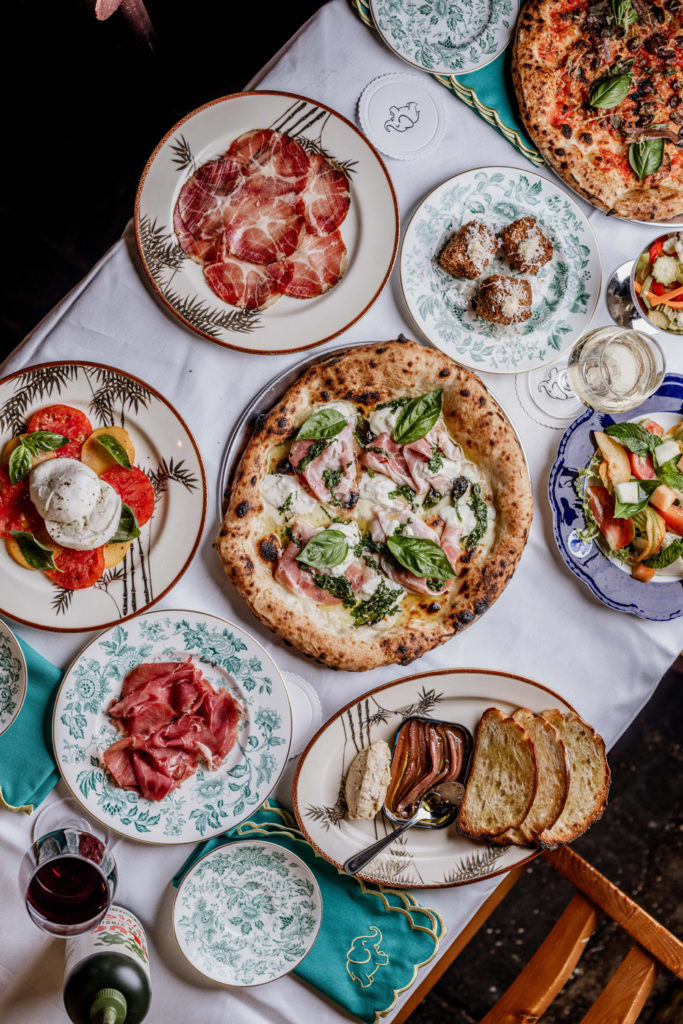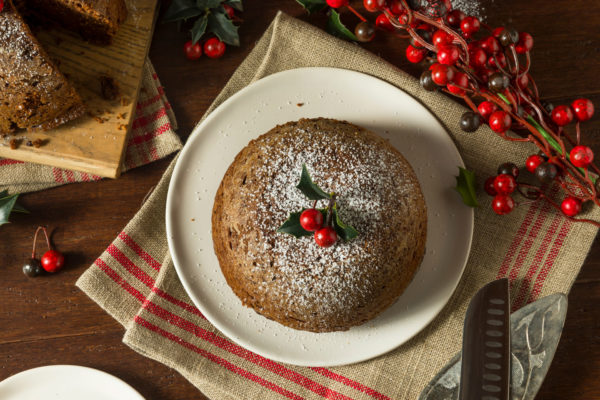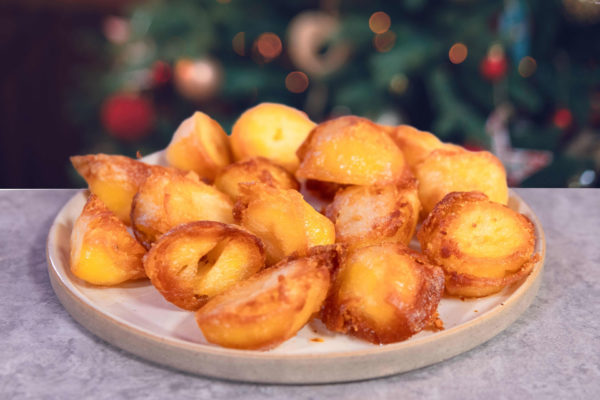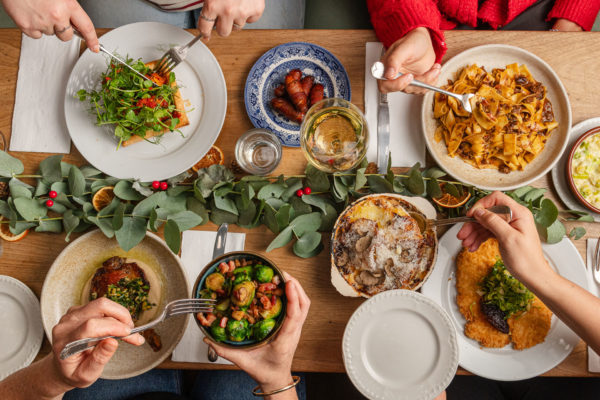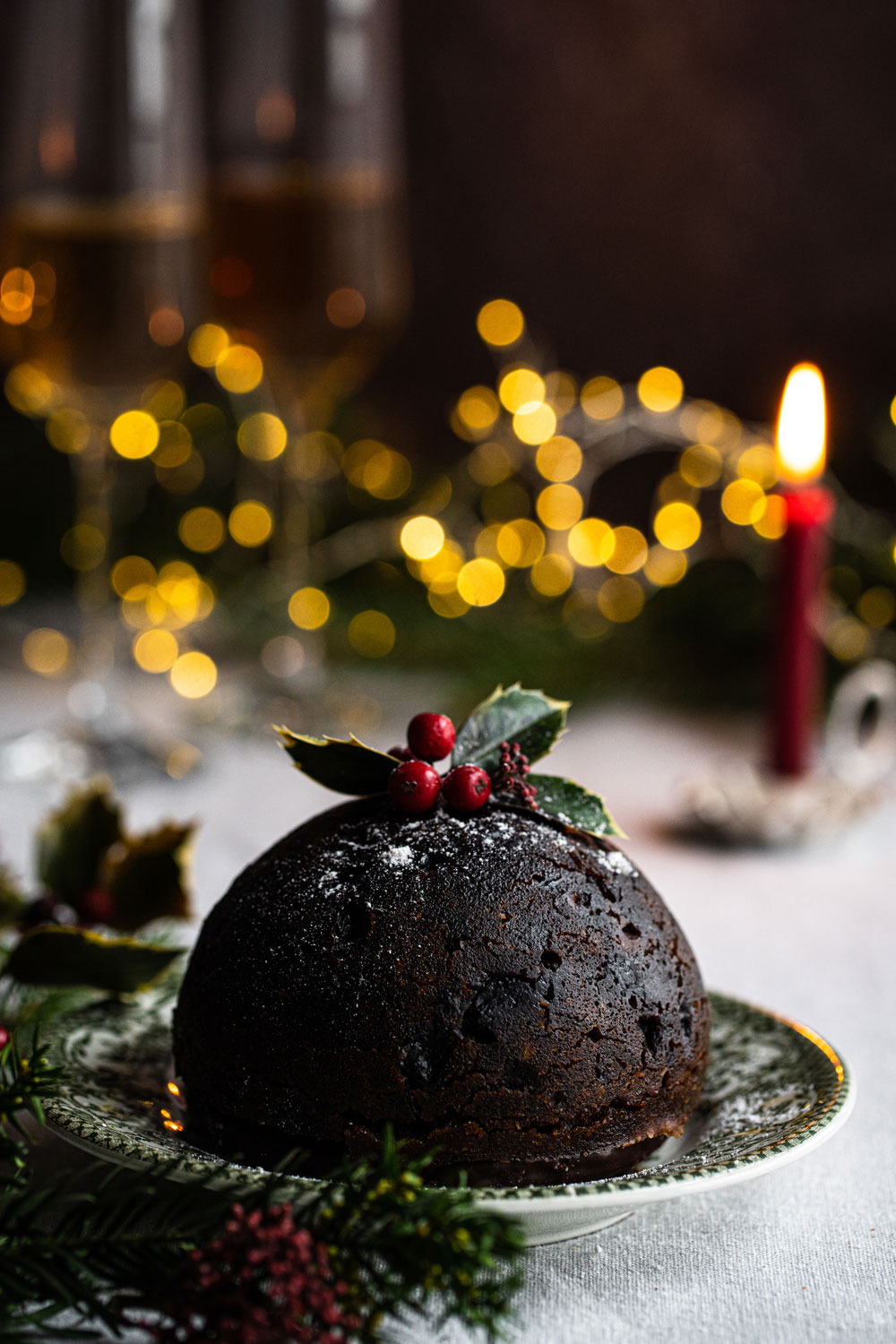
Is The Christmas Pudding Over?
By
8 months ago
New research suggests Stir-up Sunday is coming to an end
For hundreds of years, the Christmas pudding has been a festive staple – but a new survey suggests we’re falling out of love with the historic dessert.
Christmas Pudding Is No Longer Important, Says New Survey
According to research commissioned by The Royal Mint, six in 10 (59 percent) of us no longer see the humble pud as an important part of Christmas Day. Over three-quarters of those surveyed, meanwhile, had not heard of Stir-up Sunday, a centuries-old annual tradition which sees families get together to mix up the Christmas pudding.
Falling on the last Sunday before Advent, Stir-up Sunday is a historical custom dating back to the Victorian era. However, The Royal Mint’s recent research found just four percent of people take part today.
Despite this, festive traditions are still important for many people who celebrate Christmas. The research found over nine in 10 people (92 percent) of us view Christmas dinner as key, while two-thirds said they enjoy making and/or sending Christmas cards. Out of all the generations, millennials were the most keen on upholding these traditions, with 76 percent of those born between 1981 and 1996 saying they perceive festive traditions as important.
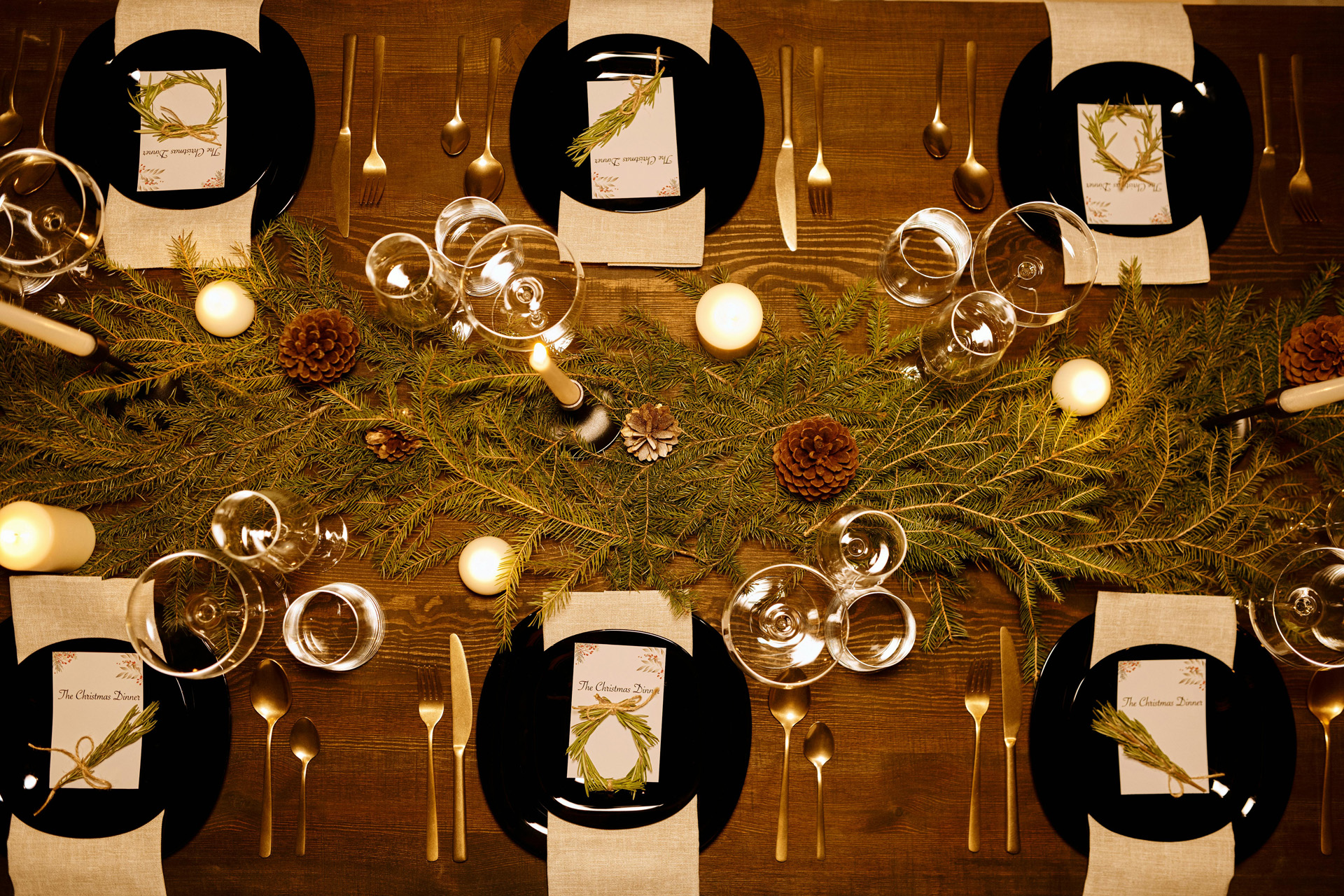
The Christmas pudding is believed to have been brought to Britain by Prince Albert, consort of Queen Victoria. Also known as plum pudding, it’s a dense sponge cake made with dried fruit and spices, often soaked in brandy and lit up on Christmas Day.
The Royal Mint surveyed more than 2,100 people in its research, which was released to coincide with its move towards a more ‘sustainable’ sixpence made from recovered X-ray silver.
Annie Gray, a food historian and author said: ‘Stir-up Sunday is a tradition which started in the Victorian era as a tongue-in-cheek play on an Anglican church prayer, which begins: ‘Stir up, we beseech thee, O Lord …’.
‘The words were used as a reminder to start stirring up the plum pudding – the original Christmas dish – so it had time to mature before Christmas Day.’
She added: ‘The sixpence came from another old tradition, that of hiding tokens in the twelfth cake, the precursor to our modern Christmas cake, eaten on twelfth night. Although this was eventually replaced with the Christmas cake eaten today, families kept to the tradition of taking it in turn to stir the mix and make a wish. The finder of the sixpence was promised wealth, health and happiness for the coming year.’



